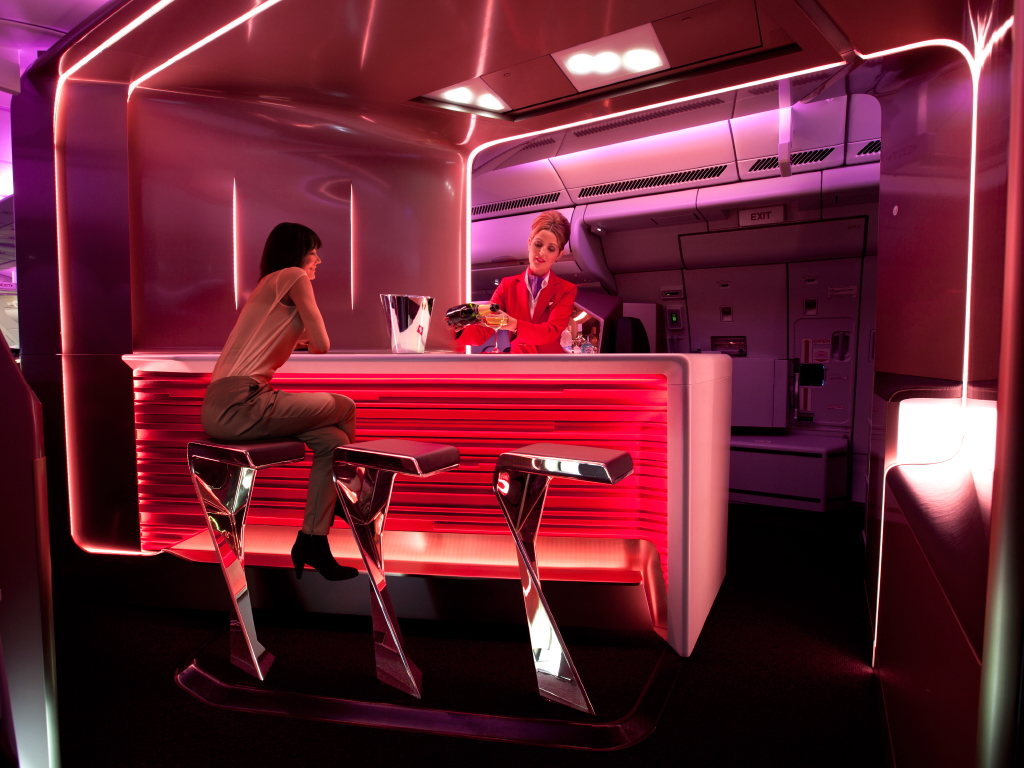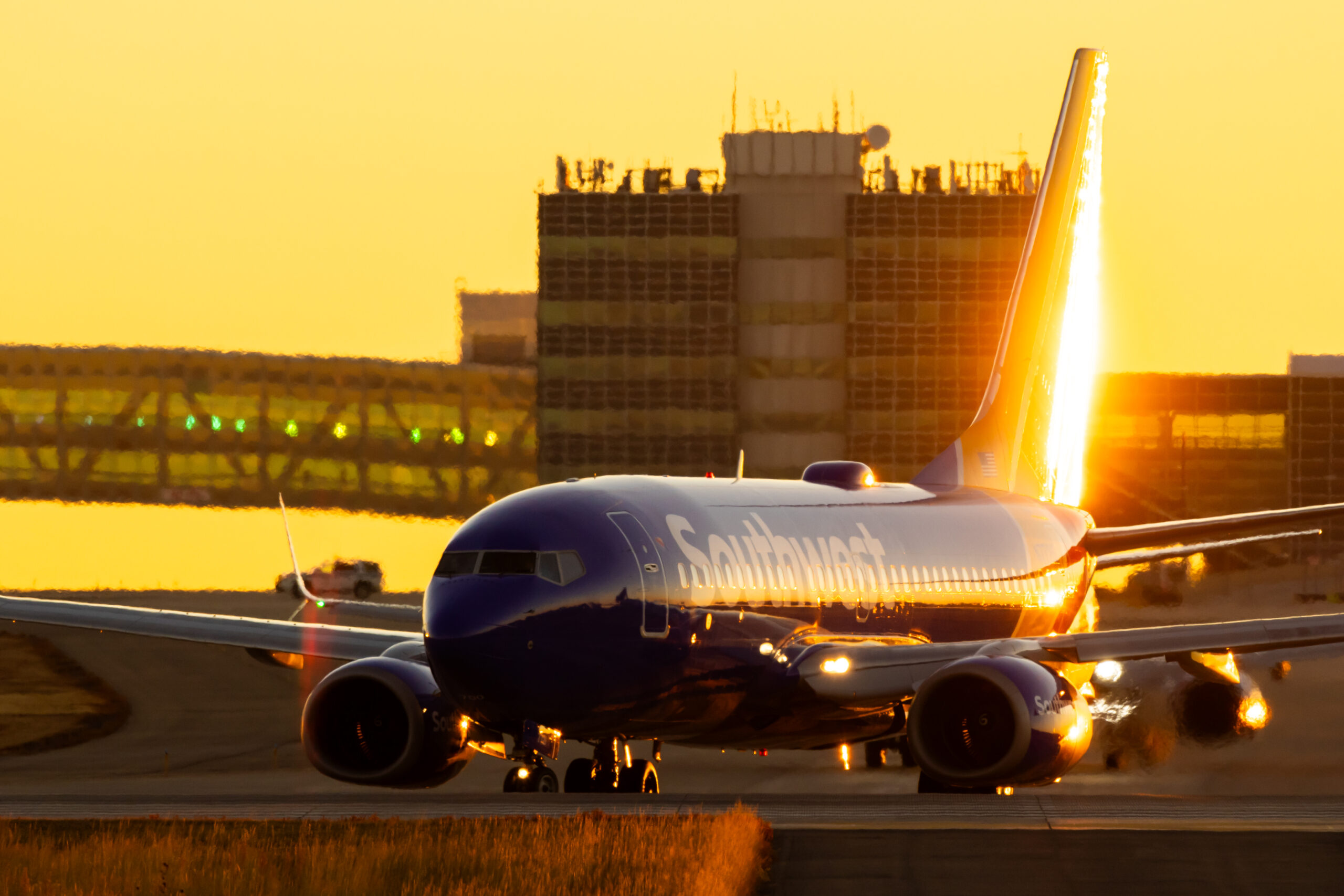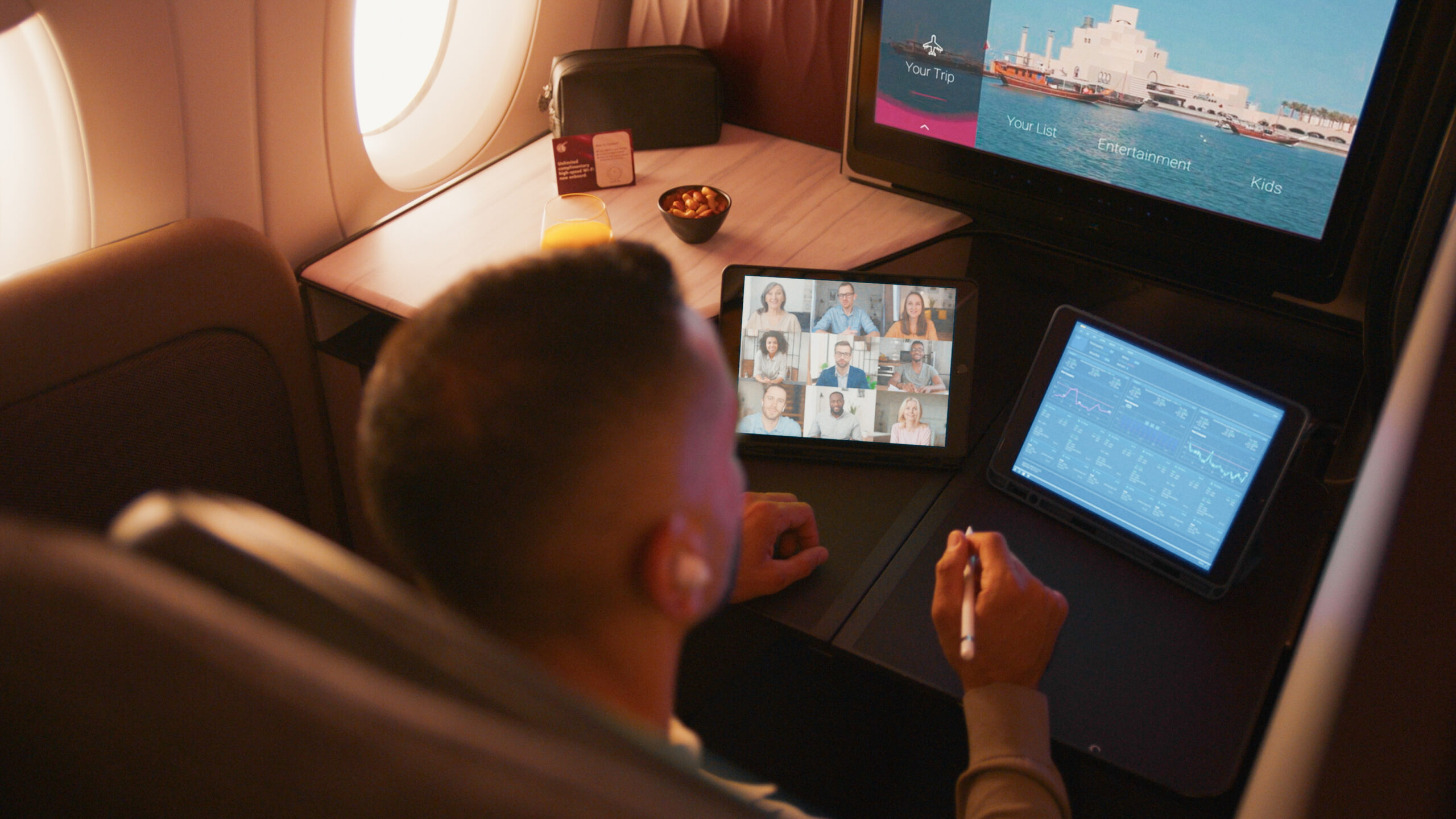Oneworld 2.0: How Nat Pieper Is Rewiring the Global Airline Alliance
On his first anniversary as the CEO of the airline alliance, Nathaniel Pieper met with Business Traveler at the IATA AGM in Delhi
June 2, 2025
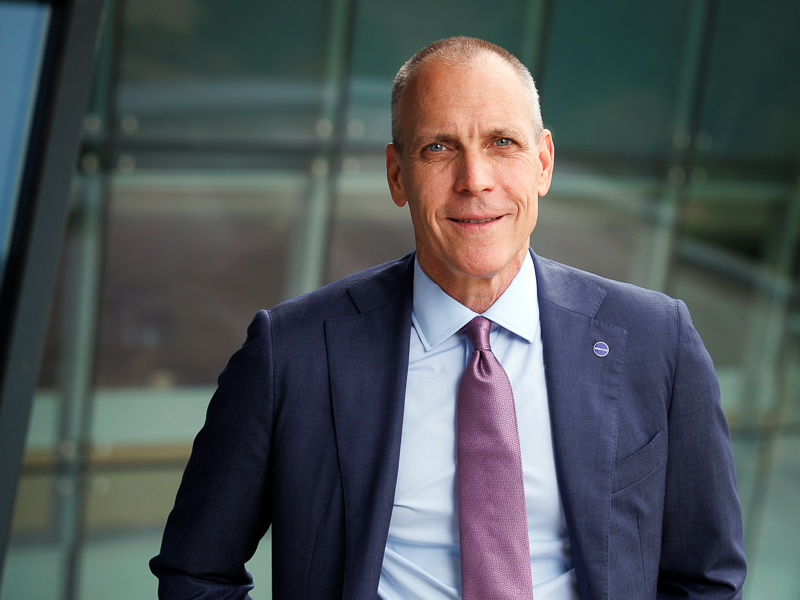
Photo: Courtesy of Oneworld
When Nat Pieper stepped into the role of Oneworld CEO in mid-2024, he did so with one clear goal: to steer the world’s smallest global airline alliance into a bold new era defined by premium service, digital sophistication, and collaborative scale.
Now, just over a year into the role, Pieper is reshaping how the alliance’s 15 member airlines work together to offer travelers a seamless, elevated experience across continents and time zones.
“My first 60 days were a sprint,” Pieper told Business Traveler in Delhi during the IATA AGM 2025, where Oneworld’s governing board of airline CEOs was set to convene and lay the groundwork for the upcoming year.
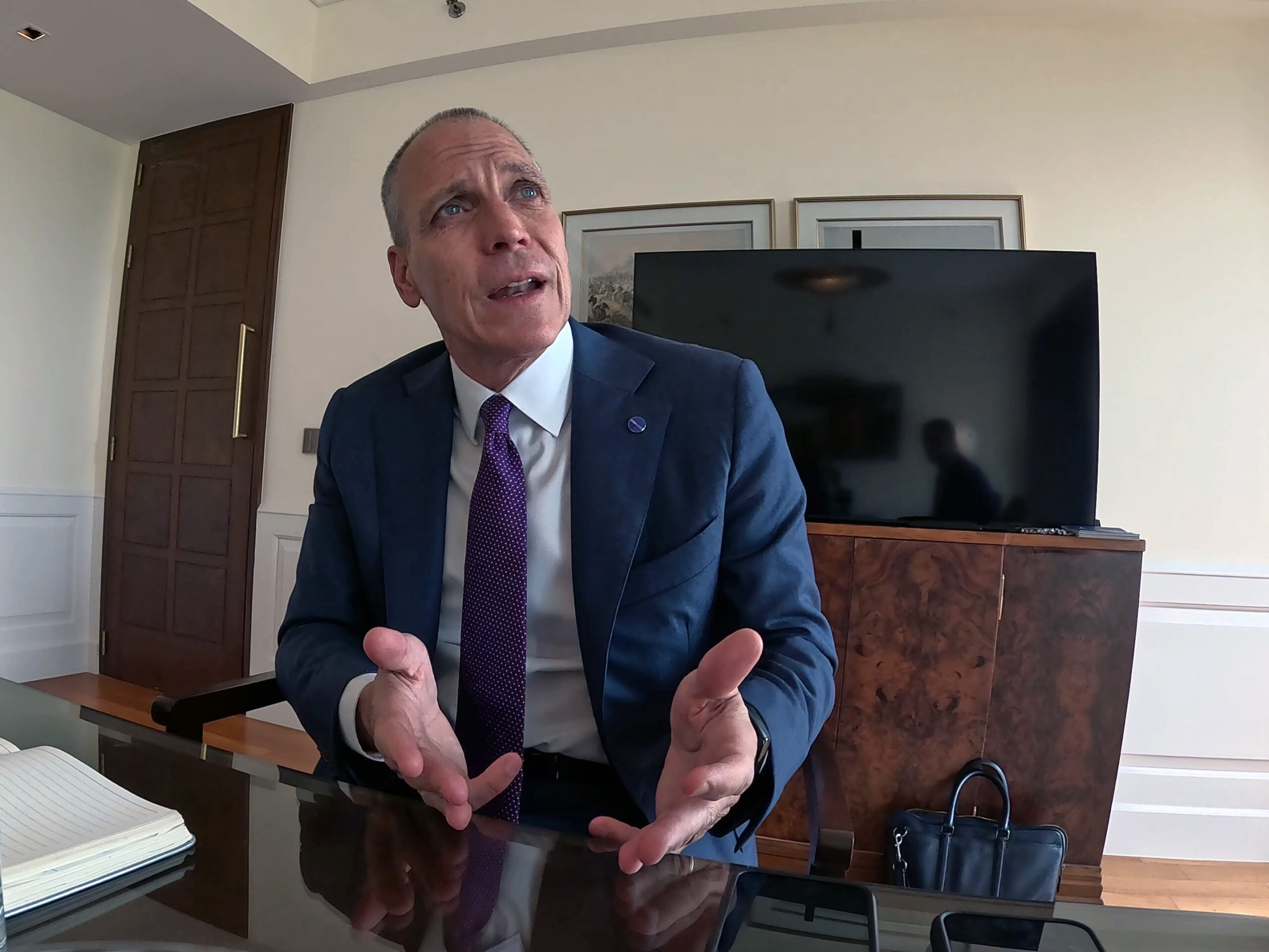
Photo: Courtesy of Enrique Perrella
“When we met in Dubai last year, I had to present to the CEOs of our 13 members. That was the moment to define our priorities, and I’m happy to say my badge still worked the next week, so I took that as a good sign.”
From that first meeting, Pieper quickly identified three strategic imperatives that now anchor the alliance’s transformation: customer experience, digital integration, and initiatives of scale.
“We are focusing on delivering a consistent, premium experience for travelers across all our member airlines,” said the former airline executive with over two decades of experience in the doldrums of airline management. That vision, according to him, extends beyond in-flight service.
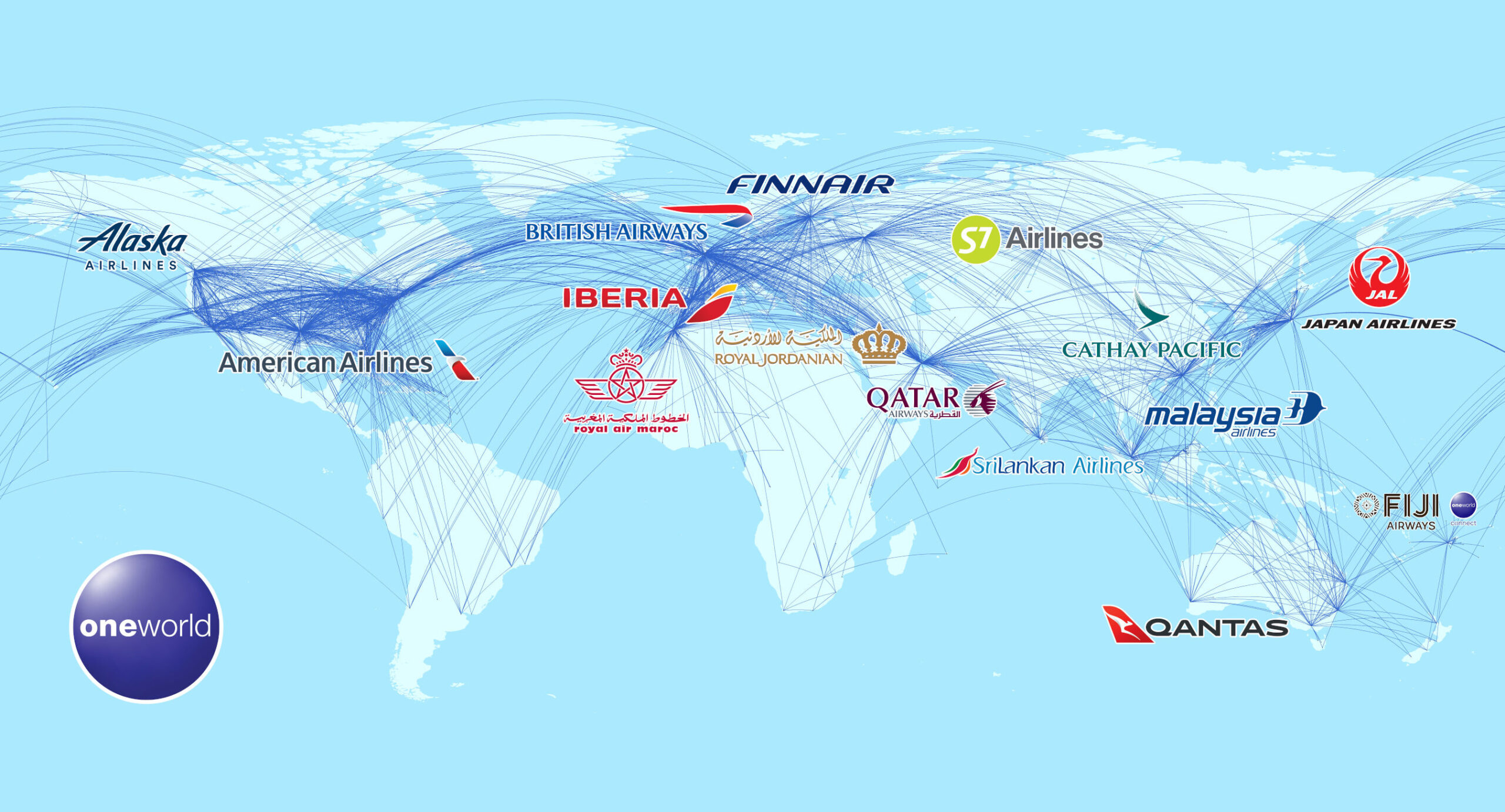
Photo: Courtesy of Oneworld
Pieper wants passengers—especially the alliance’s most loyal—to feel as if they’re flying with a single, global airline regardless of which Oneworld carrier they’re on.
To get there, Pieper reorganized the alliance’s structure to reflect how a modern airline operates. At American Airlines’ headquarters in Fort Worth, his team covered the whiteboards with every activity the alliance touched.
“We asked ourselves: What truly adds value for our members? What doesn’t? What should be done centrally versus locally?” he said. The outcome was a new vertical structure led by seasoned industry veterans across customer experience, digital transformation, communications and marketing, and corporate services like finance, HR, and legal.
“This team is built with people who’ve worked at airlines all over the world. It’s not a traditional alliance organization. It runs like an airline. And our member CEOs have noticed.”
New Members Expand the Network
Under Pieper’s leadership, Oneworld has also quietly grown. In March 2025, Fiji Airways became a full member, enhancing the alliance’s reach across the South Pacific. Oman Air is expected to sign by the end of June, cementing its role in the Middle East’s competitive aviation landscape.
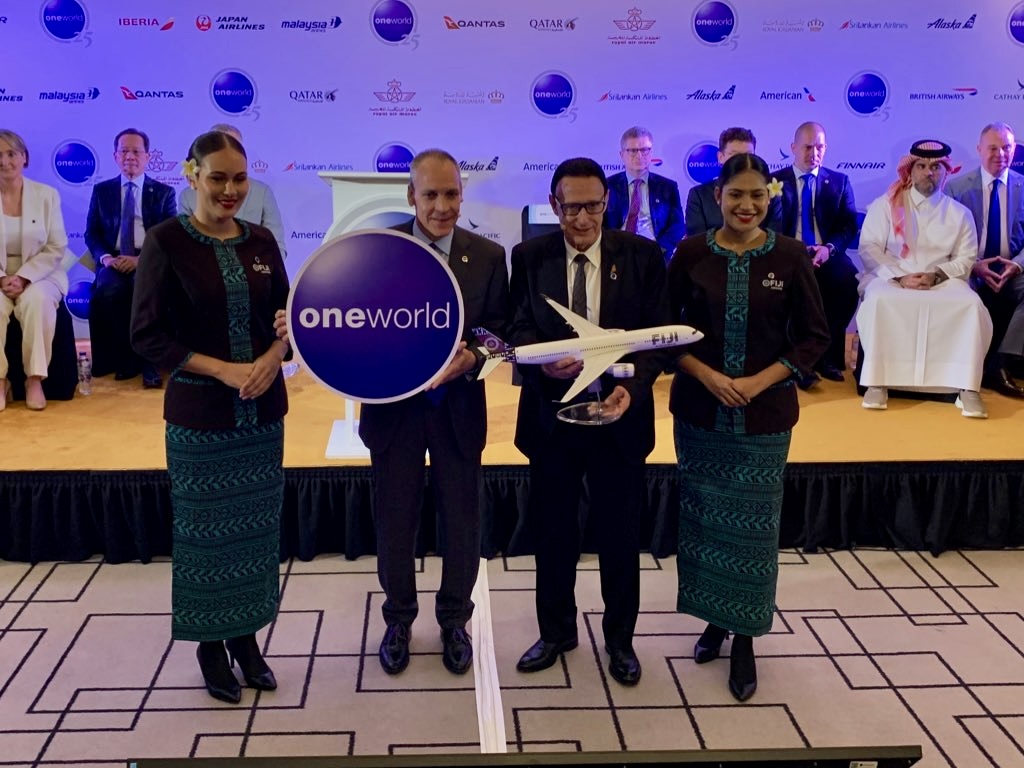
Photo: Fiji Airways joins oneworld at the IATA AGM. Courtesy of Enrique Perrella
“With Oman Air coming on board, that brings us to 15 full members. And yes,” Pieper joked, “that means I now have 15 bosses.”
Together, these carriers will cover 94 percent of global air travel demand. That statistic underscores Pieper’s argument that global alliances are no longer about expanding dots on a map—but rather delivering genuine value across the existing network.
Leaning Into Premium
Oneworld’s competitive edge, Pieper argues, lies in its premium DNA. From Qatar Airways and Cathay Pacific to Finnair and Japan Airlines, the alliance boasts some of the world’s most luxurious and iconic carriers.
“Our premium strategy is about more than cabins,” Pieper explained. “We’re emphasizing Emerald benefits like first class lounge access, which are the most generous in the industry.”
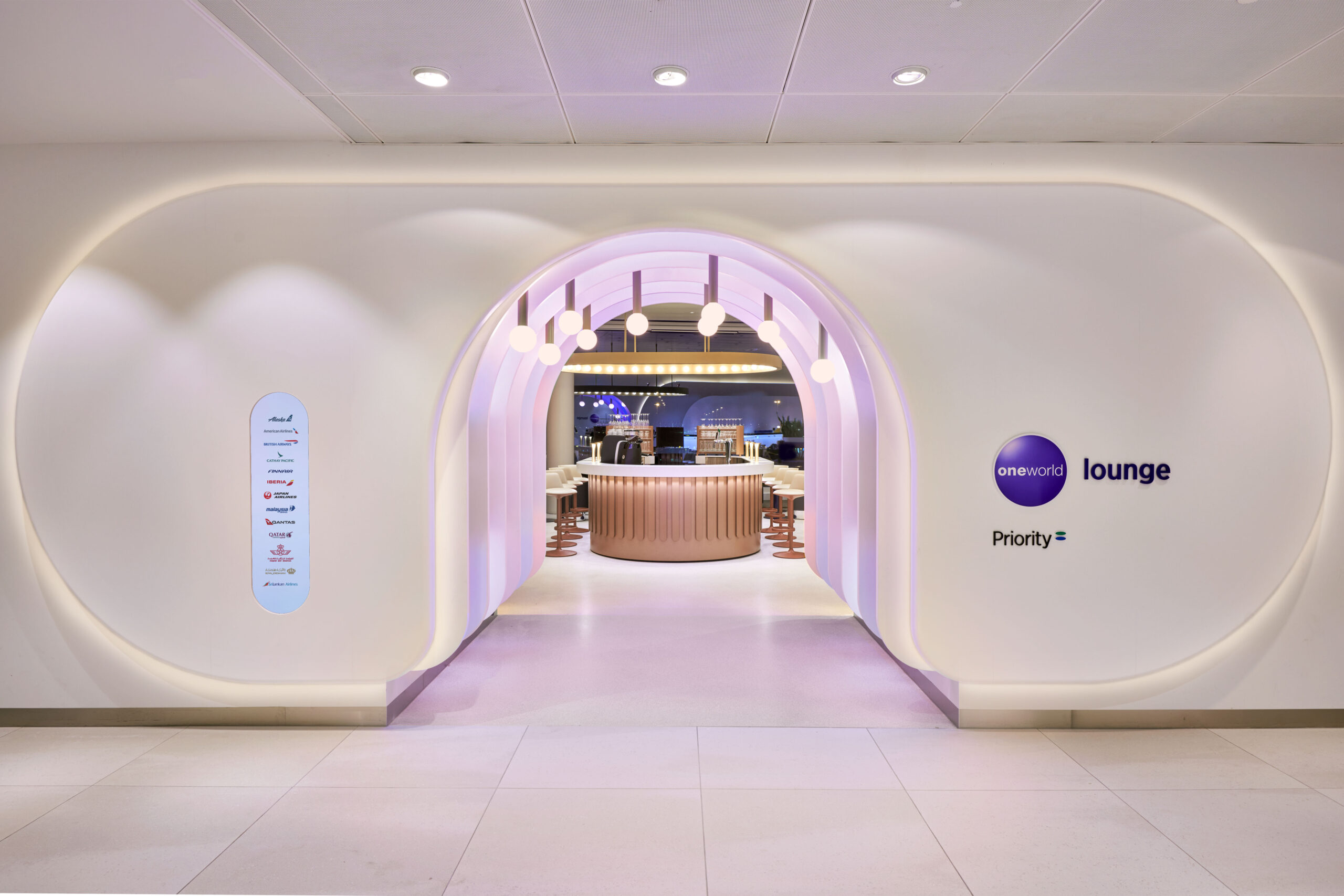
Photo: Amsterdam Schiphol Lounge. Courtesy of oneworld
In early 2025, the alliance opened its first two branded lounges—one in Amsterdam, the other in Seoul—specifically in hubs dominated by rival alliances.
“These lounges have exceeded expectations in design and service. They’re on par with what our most premium carriers already offer,” he said. Up to 10 more lounges are in the pipeline over the next three to five years, with India emerging as a key target.
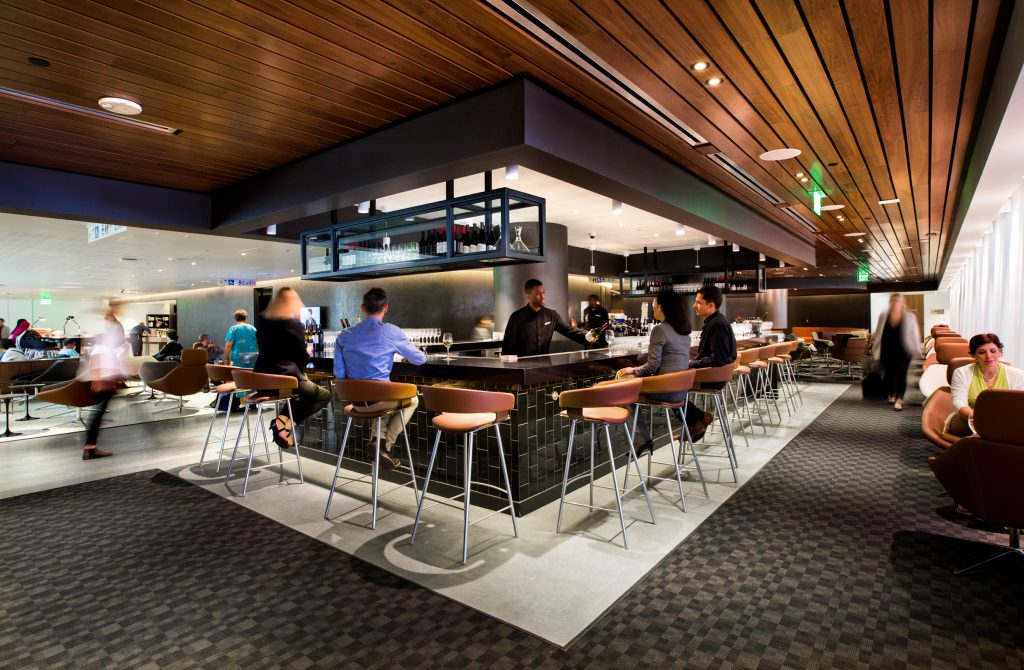
Photo: Oneworld Business Lounge, LAX. Courtesy of Oneworld
“In Delhi, Mumbai, Bangalore—these are markets where we have multiple members but no single dominant carrier,” Pieper noted. “The local policy environment is complex, especially around shared lounges, but we’re exploring creative solutions.”
Building the Digital Alliance
On the digital front, Pieper’s ambition is to erase the seams that travelers experience when switching between airlines.
“A year ago, only two members—Qantas and American—were connected for cabin upgrades. Today, we have seven airlines participating in bilateral agreements,” he said, referencing a broader push toward cross-airline upgrade offers through a unified platform.
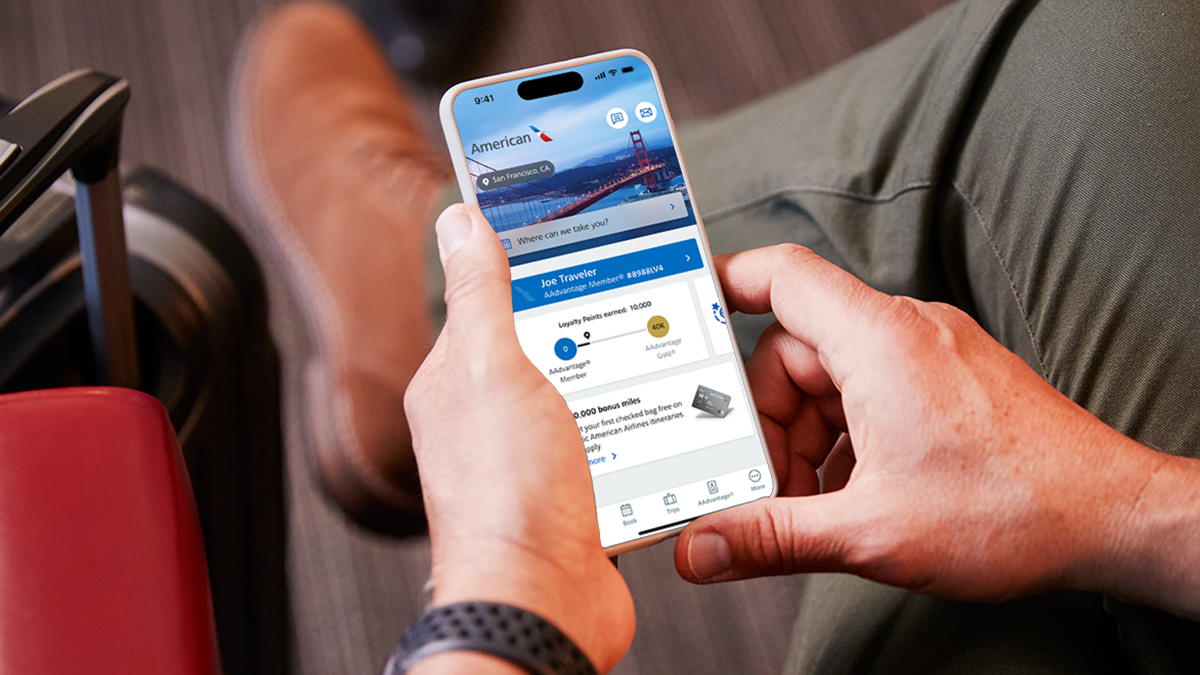
Photo: Courtesy of American Airlines
That platform is powered by PlusGrade, a third-party provider that integrates disparate airline reservation systems. The goal is full participation by all 15 members by the end of 2025.
The result? “We’re already seeing benefits. You can now check in with Alaska and American across each other’s platforms. Eventually, we’ll have universal check-in, bag tracking, and cross-airline commercial offers,” including upgrade requests, he says.
Though some integration phases have taken longer than planned—especially aligning back-end resources across global carriers—Pieper says the program is on track to complete by year’s end.
A CEO’s Role in Diplomacy
Unlike his earlier executive roles—he was once treasurer for Alaska Airlines—Pieper’s job now involves less number crunching and more diplomacy.
“There’s no P&L, no aircraft deliveries to manage. Success isn’t measured in spreadsheets—it’s measured by whether our member CEOs bring their best people and resources to the table,” he said.

Photo: Courtesy of American Airlines
That kind of buy-in, he believes, is happening. The Delhi meeting featured both airline executives and working-level alliance experts discussing everything from digital programs to sustainability.
“It’s not about top-down directives,” he said. “We’re fostering knowledge sharing—so our members learn from each other, not just from us.”
Competing by Being Smaller, Smarter
With 15 members, Oneworld is notably smaller than Star Alliance (28) or SkyTeam (18), a fact Pieper sees as an advantage.
“It’s easier to coordinate across 15 than across 28. And we have a strong concentration of premium carriers. That’s our differentiator,” he said.
Emerald status, which unlocks first-class lounge access globally, is an offering no other alliance matches. “It’s a halo benefit that helps our members attract and retain high-value customers,” Pieper noted.
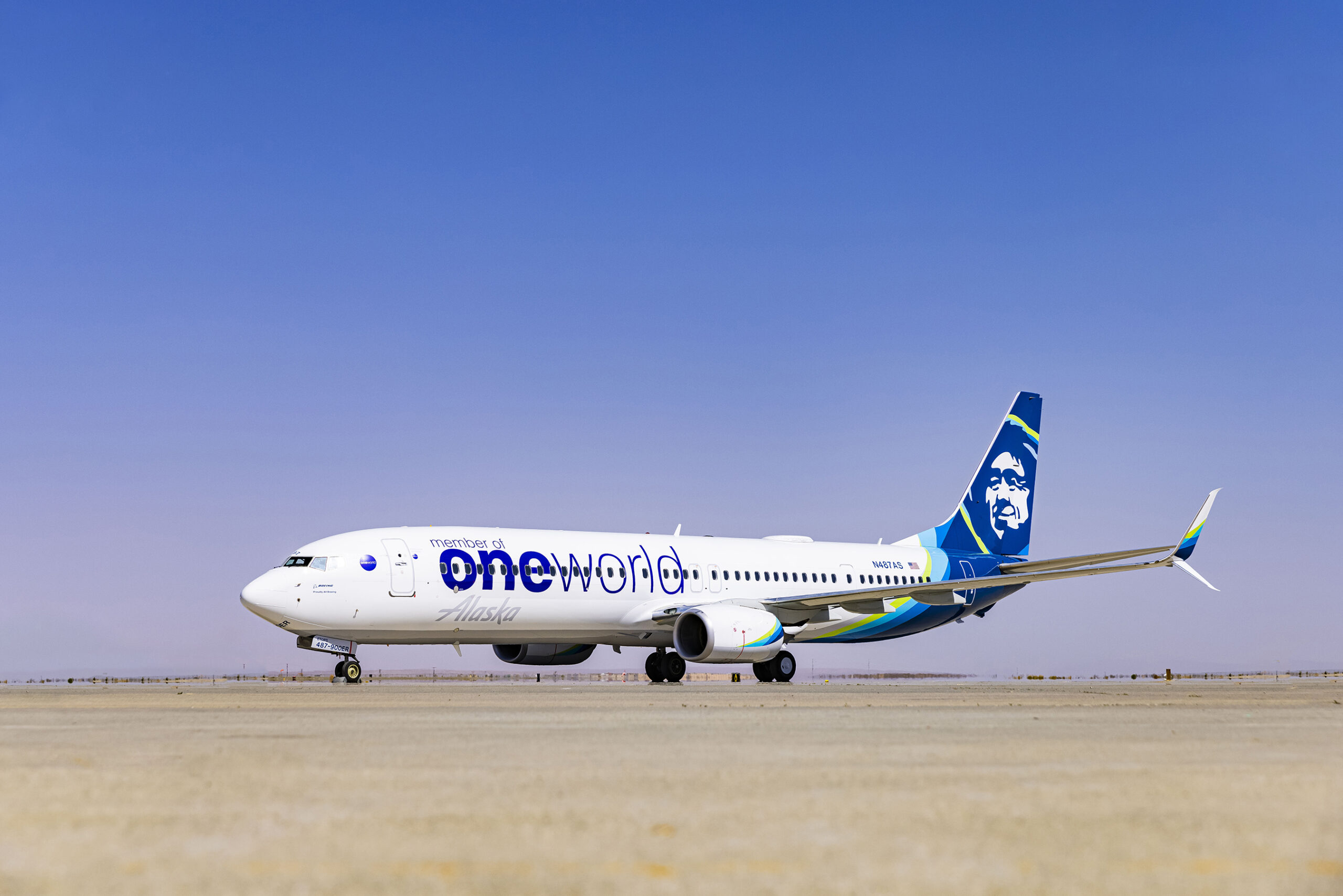
Photo: Courtesy of Oneworld
He’s also watching trends beyond the airline world. Star Alliance recently launched an intermodal partnership in Europe, offering passengers combined flight and rail bookings. Pieper is intrigued but cautious.
“Rail integration sounds great, but it has to be seamless. You can’t have bags lost in transit between a plane and a train. And the tech lift is significant,” he said. “We’re exploring it in markets like Amsterdam, but only if the customer experience and revenue justify it.”
Bringing It All Together
Ultimately, Pieper sees his role as one of unifier and translator—a neutral actor helping member airlines overcome barriers that no single carrier can solve alone.
“My job is to make Oneworld feel like one airline globally,” he said. “There are still challenges—airport space limitations, aligning commercial policies—but we’re making real progress.”
What drives that progress is the alliance’s renewed clarity of purpose. With a team built from industry veterans, a leadership style grounded in collaboration, and a clear focus on delivering value, Oneworld is positioning itself not just to survive, but to thrive.
“Airlines today don’t need an alliance for reach—they already have that,” Pieper concluded. “They need an alliance that helps them win. That’s what we’re building.”

